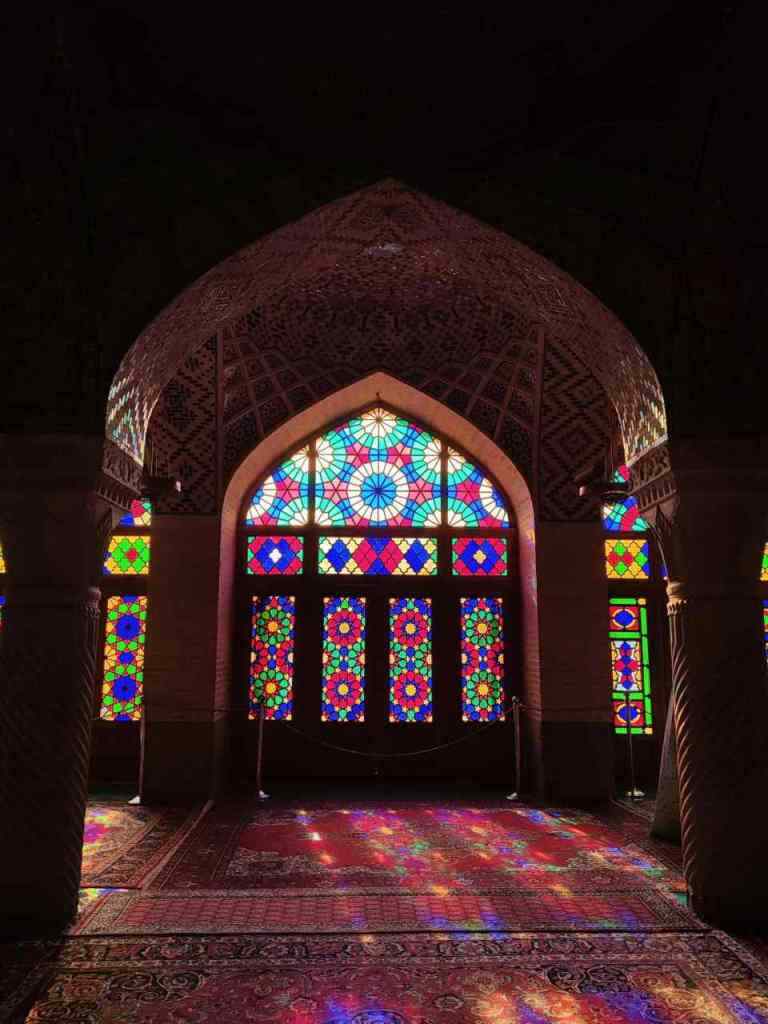Iranian President Raisi Killed in Helicopter Crash
Domestic Implications
On Sunday, a tragic helicopter crash claimed the lives of Iranian President Ebrahim Raisi and Foreign Minister Hossein Amir-Abdollahian. This unexpected event has sent shockwaves through Iran, raising critical questions about the nation’s future leadership and the succession of Supreme Leader Ayatollah Ali Khamenei.
The sudden loss of Raisi, a potential successor to Khamenei, has plunged the regime into uncertainty. Mohammad Mokhber, now acting president, will oversee the upcoming elections scheduled within 50 days. Raisi’s unpopularity, rooted in his repressive past and the government’s waning legitimacy, is expected to impact the presidential contest.
The Council of Guardians, tasked with vetting candidates, will likely present a limited pool of choices, prioritizing ideological purity over popular appeal. Consequently, the next president may serve as a caretaker figure, with real power residing with the Islamic Revolutionary Guard Corps (IRGC) and Khamenei’s potential successor.
International Implications
Iran’s involvement in regional conflicts, including its proxy war with Israel through Hezbollah in Lebanon and the Houthis in Yemen, is unlikely to change significantly in the immediate aftermath of Raisi’s death. The IRGC is expected to maintain its substantial influence over Iran’s internal and external affairs.
Ali Bagheri Kani, the current acting Foreign Minister, will continue negotiations over Iran’s nuclear program. However, experts caution that the domestic political turmoil could increase the risk of miscalculations between Iran and the US or Israel. Some experts urge the Biden administration to seize this opportunity to de-escalate tensions with Iran regarding nuclear issues.
Iranian President Raisi Killed in Helicopter Crash
Domestic Implications
The untimely demise of Iranian President Ebrahim Raisi has sent shockwaves through the nation, raising fundamental questions about its political trajectory. Raisi’s death has created a leadership vacuum and cast uncertainty over the succession of Supreme Leader Khamenei. Mohammad Mokhber, now acting president, faces the daunting task of overseeing elections within 50 days.
Raisi, a hardliner, was viewed as a potential successor to Khamenei. His death has left a gaping hole in the regime’s power structure. Raisi’s unpopularity, stemming from his repressive rule and the government’s declining authority, may influence the upcoming presidential contest. The Council of Guardians, responsible for vetting candidates, is anticipated to present a restricted pool of individuals, prioritizing ideological loyalty over public support.
As a result, the next president may serve primarily as a caretaker, while the true power remains concentrated within the Islamic Revolutionary Guard Corps (IRGC) and Khamenei’s potential successor. The lack of a clear path to leadership raises concerns about the stability of Iran’s political system and its ability to address mounting internal challenges.
International Implications
Iran’s involvement in regional conflicts, particularly its proxy war with Israel through Hezbollah and the Houthis, remains unaffected by Raisi’s death. The IRGC, a powerful military and political force, continues to exert significant influence over Iran’s foreign policy. Acting Foreign Minister Ali Bagheri Kani has assumed responsibility for ongoing negotiations regarding Iran’s nuclear program.
However, experts caution that domestic political turmoil could increase the risk of miscalculations between Iran and adversaries like the US or Israel. Some advocate that the Biden administration should leverage this opportunity to initiate a dialogue and de-escalate tensions regarding nuclear issues.
Challenges for Iran’s Future
Iran grapples with a multitude of internal challenges, including widespread discontent, economic woes, and diminishing public trust. The regime’s relentless crackdown on protests has further eroded its legitimacy. Low voter turnout in recent elections reflects a growing disillusionment among Iranian citizens.
The succession of Khamenei remains a critical issue, as his advanced age and the absence of a designated heir create uncertainty about Iran’s future leadership. Systemic and constitutional reforms are essential to foster a more inclusive and participatory political culture in Iran. However, the regime’s resistance to such changes poses a significant obstacle to meaningful progress.
